Introduction to Chess Setups
Chess, a game of infinite complexities, offers players at every level a multitude of strategic depths to explore. Mastering the chessboard is not just about understanding individual moves but also about grasping the broader strategic principles that govern the game. A significant aspect of this mastery involves learning the best setups or openings that set the stage for a vigorous middlegame and a winning endgame.
Understanding Chess Openings
Chess openings are the first phase of the game, consisting of a series of moves performed to develop pieces in a strong, strategic fashion. A good opening prepares the groundwork for the middlegame, helping players control key areas of the board, facilitate piece mobility, and safeguard the king.
Categories of Chess Openings
Openings in chess are broadly categorized into open, semi-open, closed, and semi-closed games. Each category has its unique traits and fits different strategic plans and styles of play.
Open Games
Open games start with the move 1.e4 e5, leading to direct confrontation and piece mobility. These games are characterized by tactical richness and open lines for attacking play. The most famous example is the Ruy Lopez, an opening that has been studied extensively over centuries.
Semi-Open Games
Semi-open games arise when only one player plays e4, and the other does not mirror the move, leading to asymmetric positions. The French Defense and the Sicilian Defense are prominent examples, providing dynamic and complex structures.
Closed Games
In closed games, players typically start with moves like 1.d4 d5, leading to positions where pawn structures are solid and fixed, guiding the game into more strategic, less tactical scenarios. The Queen's Gambit and the King's Indian Defense are well-known closed openings.
Semi-Closed Games
These games occur when one player uses d4 but the opponent does not respond with d5. This category includes the Nimzo-Indian Defense and the Grunfeld Defense, both of which offer deep strategic battles and intricate pawn structures.
Choosing the Right Opening
Choosing an opening depends largely on your style of play. If you prefer tactical skirmishes and open positions, you might lean towards playing open games. If you enjoy patient maneuvering and subtle positional battles, closed games might be more to your taste. Experimentation and experience are key to understanding what type of openings suit you best.
Mastering Key Openings
Let's delve into some of the best setups in each category, examining their structures, moves, and strategic ideas.
Mastering the Ruy Lopez
One of the oldest and most classical openings, the Ruy Lopez is named after the Spanish priest who analyzed it in 1561. Starting with 1.e4 e5 2.Nf3 Nc6 3.Bb5, this opening aims to pressure Black’s knight, which defends the e5 pawn, and prepare for d4, establishing a strong pawn center.
Strategically, the Ruy Lopez focuses on piece mobility and control of the center. After moving the bishop to b5, White can choose to castle short and prepare for a c3-d4 pawn thrust in the center or play a4 and b4 establishing control on the queenside.
Understanding the Sicilian Defense
The Sicilian Defense, which begins with 1.e4 c5, is hugely popular at all levels. This asymmetrical response to e4 allows Black to fight for the center without mirroring White’s moves. The Sicilian is known for its complexity and variety, with numerous variations like the Najdorf, the Dragon, and the Scheveningen offering different types of middlegame plans.
In the Sicilian, Black often aims to counterattack rather than simply defend. Developing the pieces towards the center and queenside, Black prepares for moves like d5 to break up White's control. The double-edged nature of this defense often leads to exciting and dynamic battles.
Exploring the Queen’s Gambit
The Queen’s Gambit starts with 1.d4 d5 2.c4. Here, White offers a pawn (the gambit) to speed up development and control the center. This is not a true gambit as White can often regain the pawn with proper play. The position often evolves into a battle of pawn structure strategy.
Key to mastering the Queen’s Gambit is understanding the pawn structures that arise from it. Whether Black accepts or declines the gambit dictates the nature of the middle game. Both sides need to carefully plan their pawn play, which in turn affects piece activity and the fundamental plans each player should pursue.
The King’s Indian Defense
A favorite of aggressive players, the King’s Indian Defense begins with 1.d4 Nf6 2.c4 g6. This setup gears for a fianchetto of the king's bishop, aiming at controlling the long diagonal. This defense shifts the play towards a kingside attack where Black can often launch a pawn storm after completing development with d6, Nbd7, and e5.
The King's Indian Defense illustrates a hypermodern approach where control of the center is initially conceded but later challenged effectively with pawns and pieces. Understanding the timing of these counterattacks is crucial for players adopting this defense.
Advanced Strategies and Setups
As you delve deeper into the world of chess, understanding specific lines becomes vital. Engaging with deeper analysis, endgame implications of openings, and transitional possibilities between the opening and middlegame allows for a refined grasp of chess tactics and strategies.
Conclusion
Mastering the best setups in chess requires a mix of theoretical knowledge, practical experience, and personal reflection on one's style of play. By exploring a range of openings and understanding the underlying principles, you can significantly enhance your chess proficiency, better prepare yourself for diverse game situations, and increase your overall enjoyment of this profound game.
Explore our large collection of beautiful chess sets!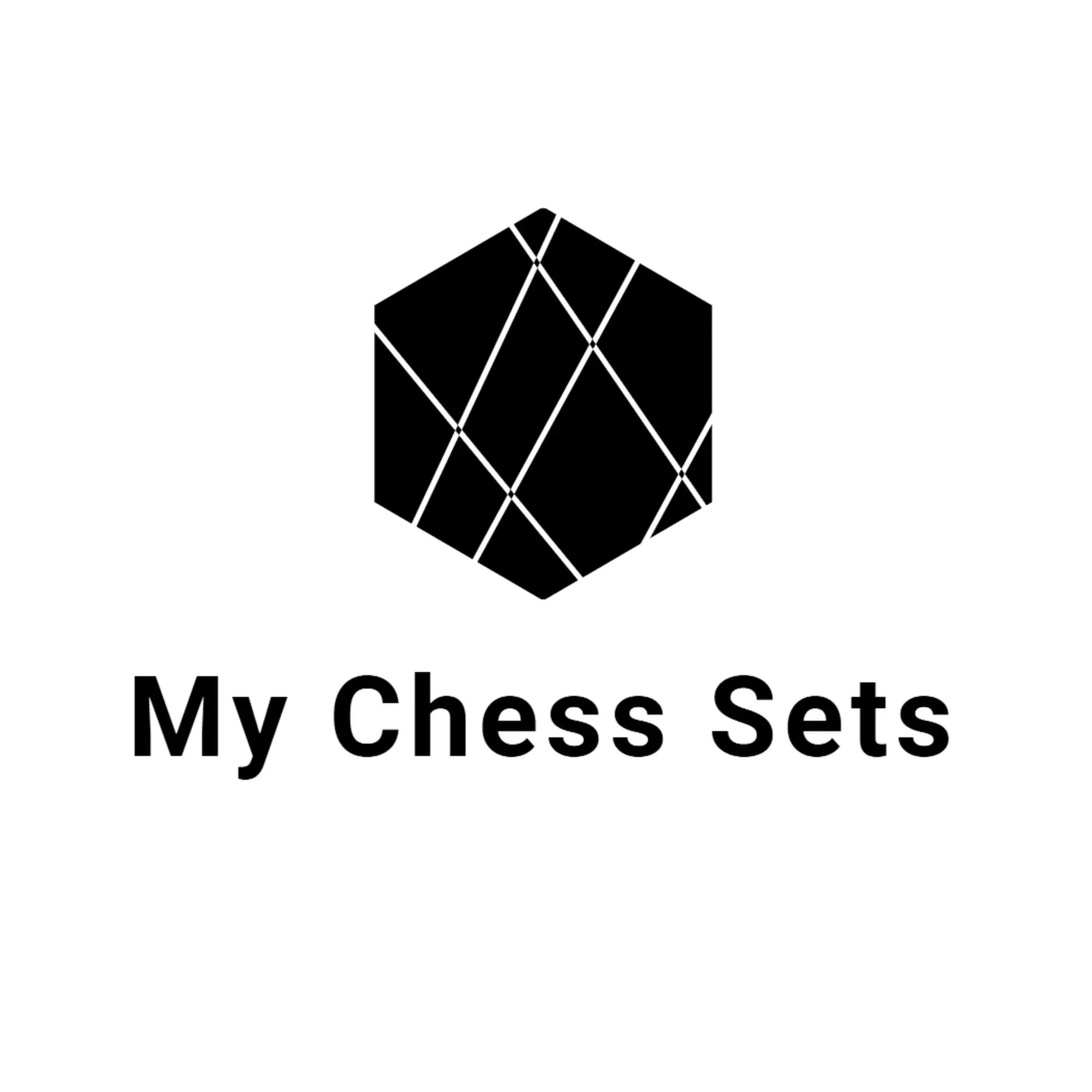


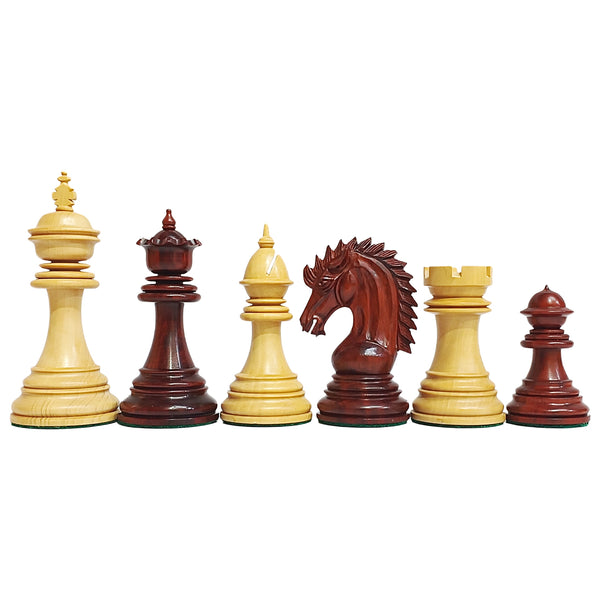
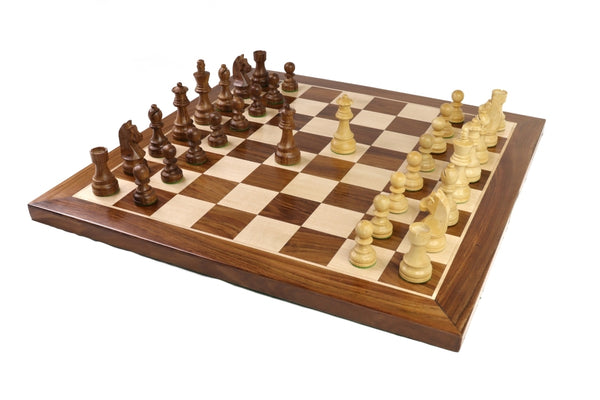
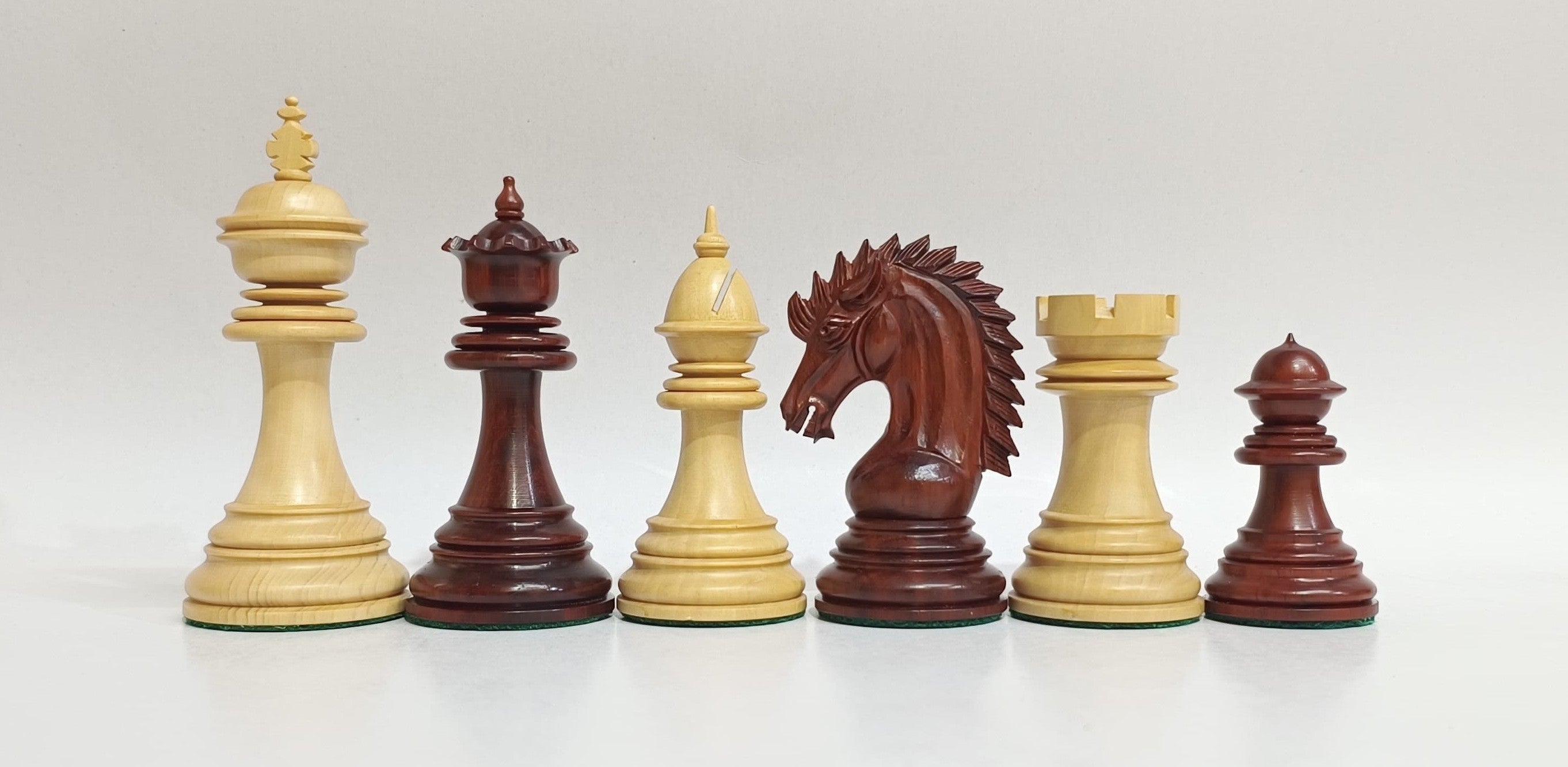




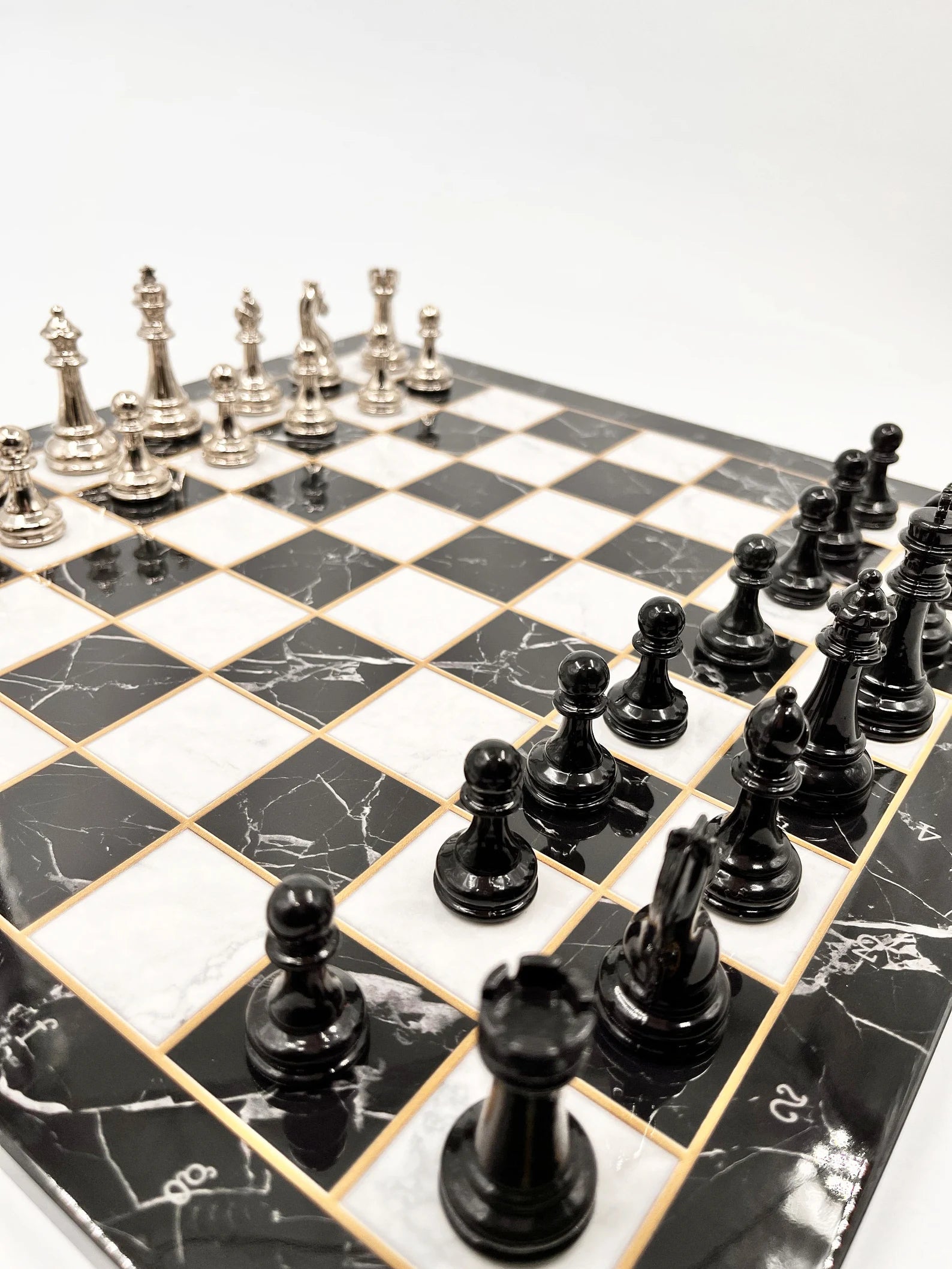


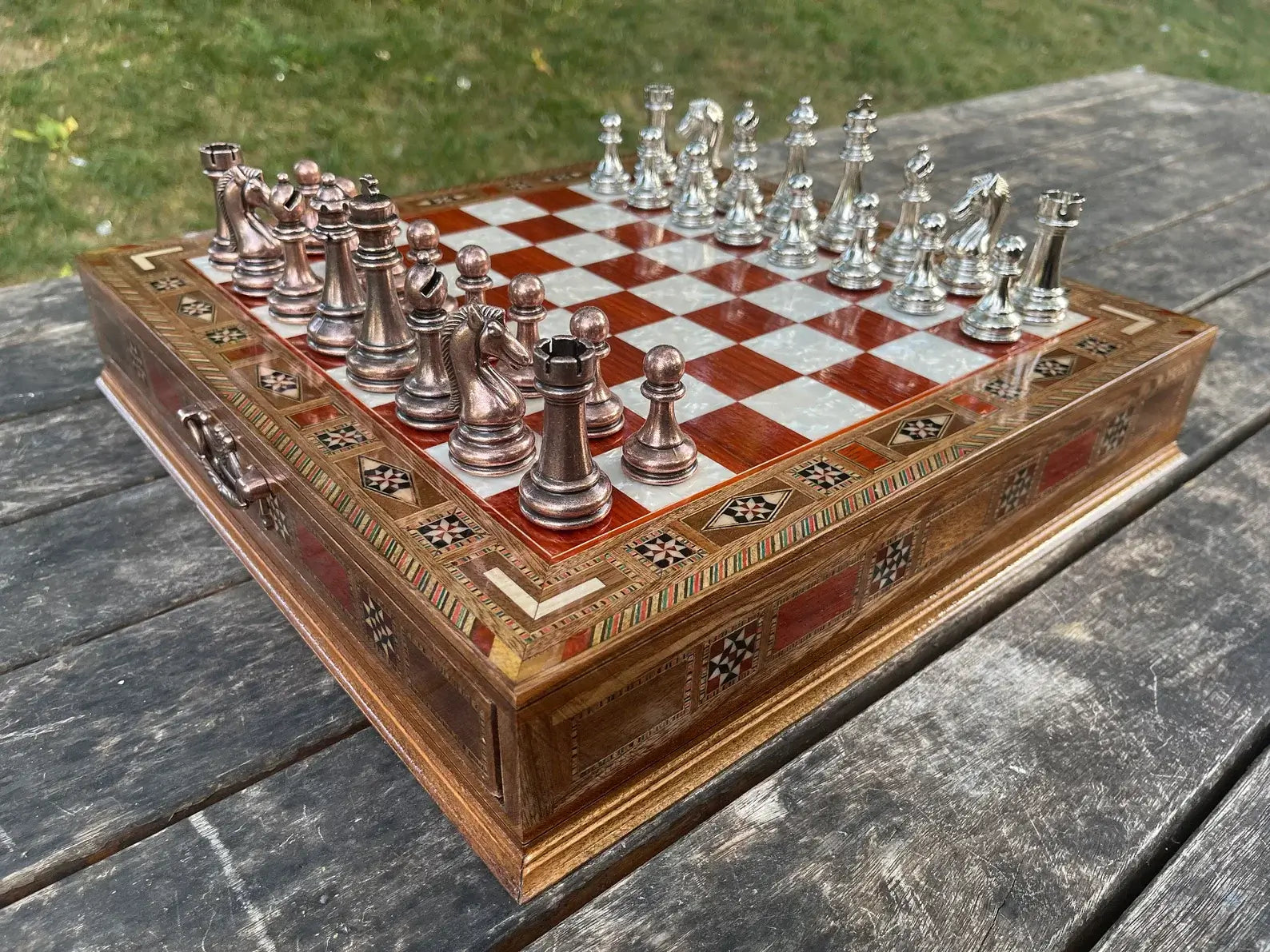
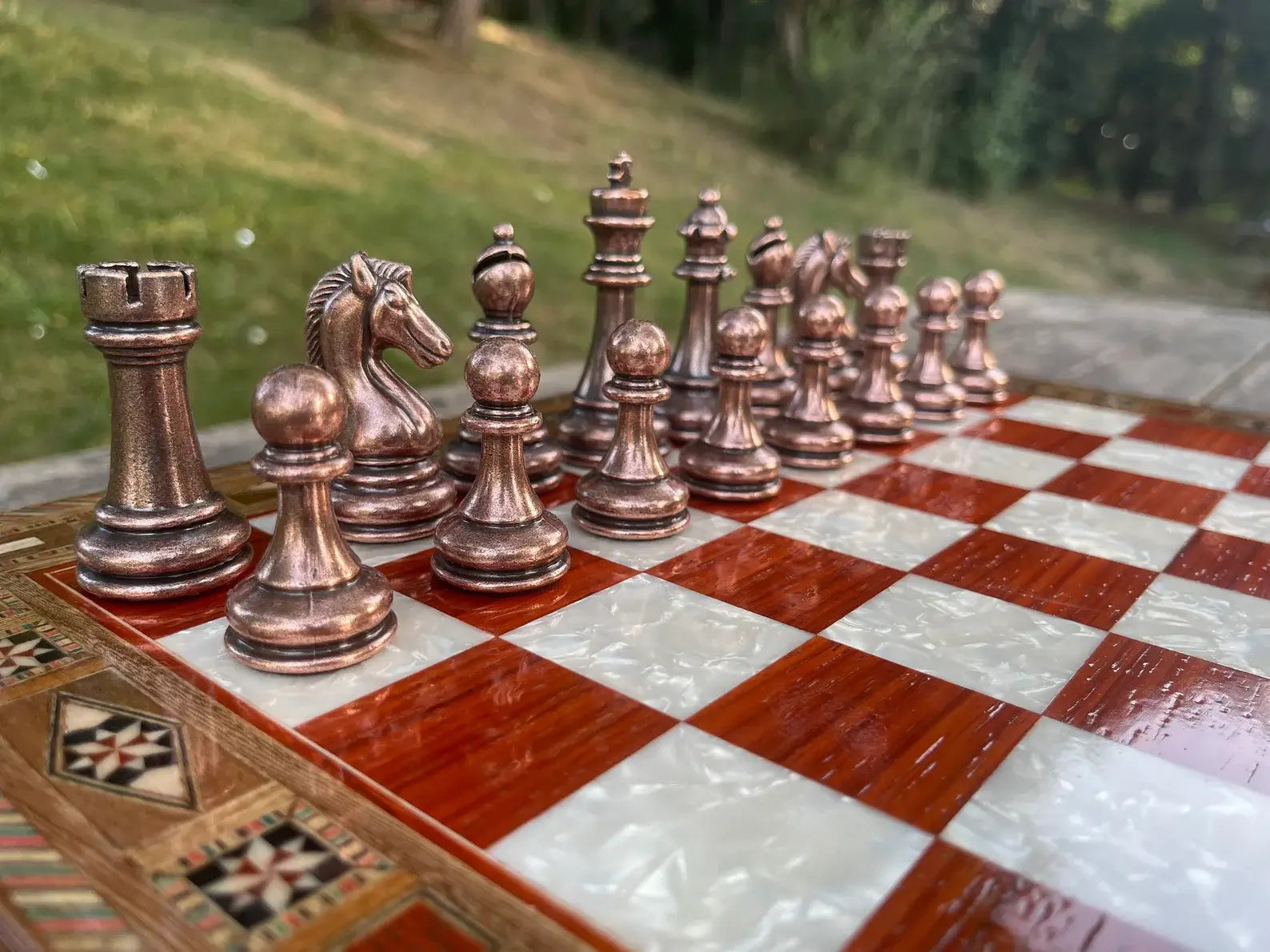

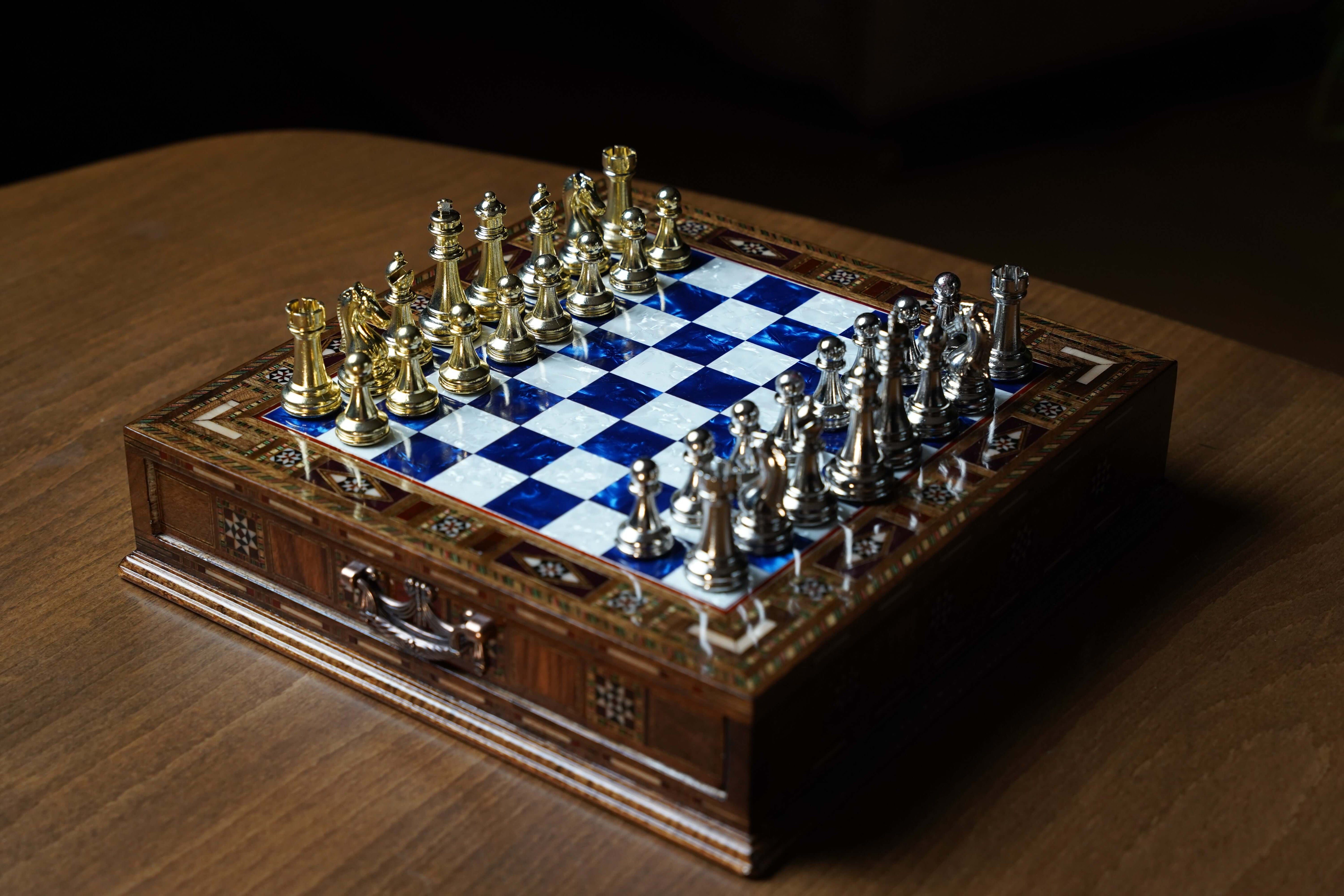
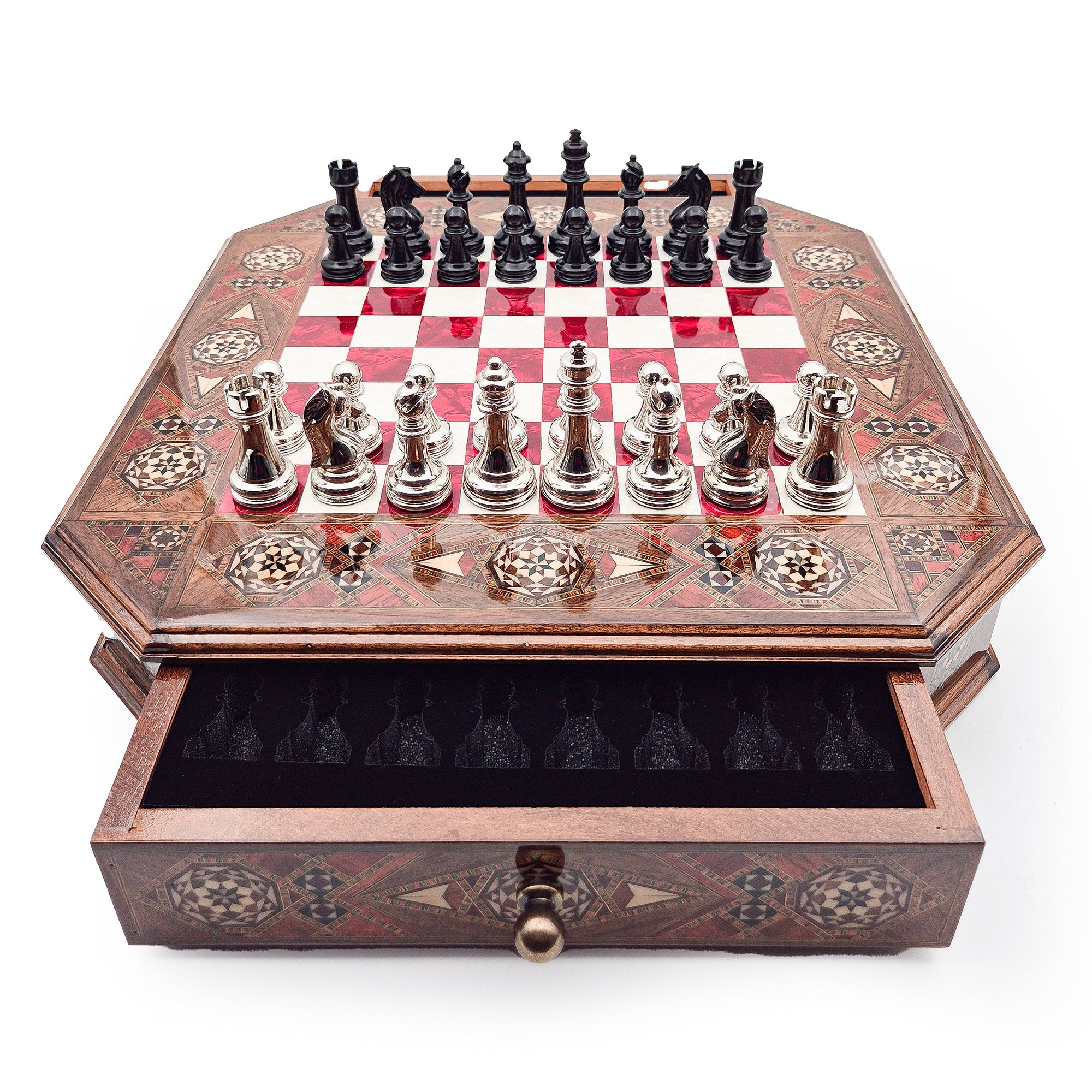
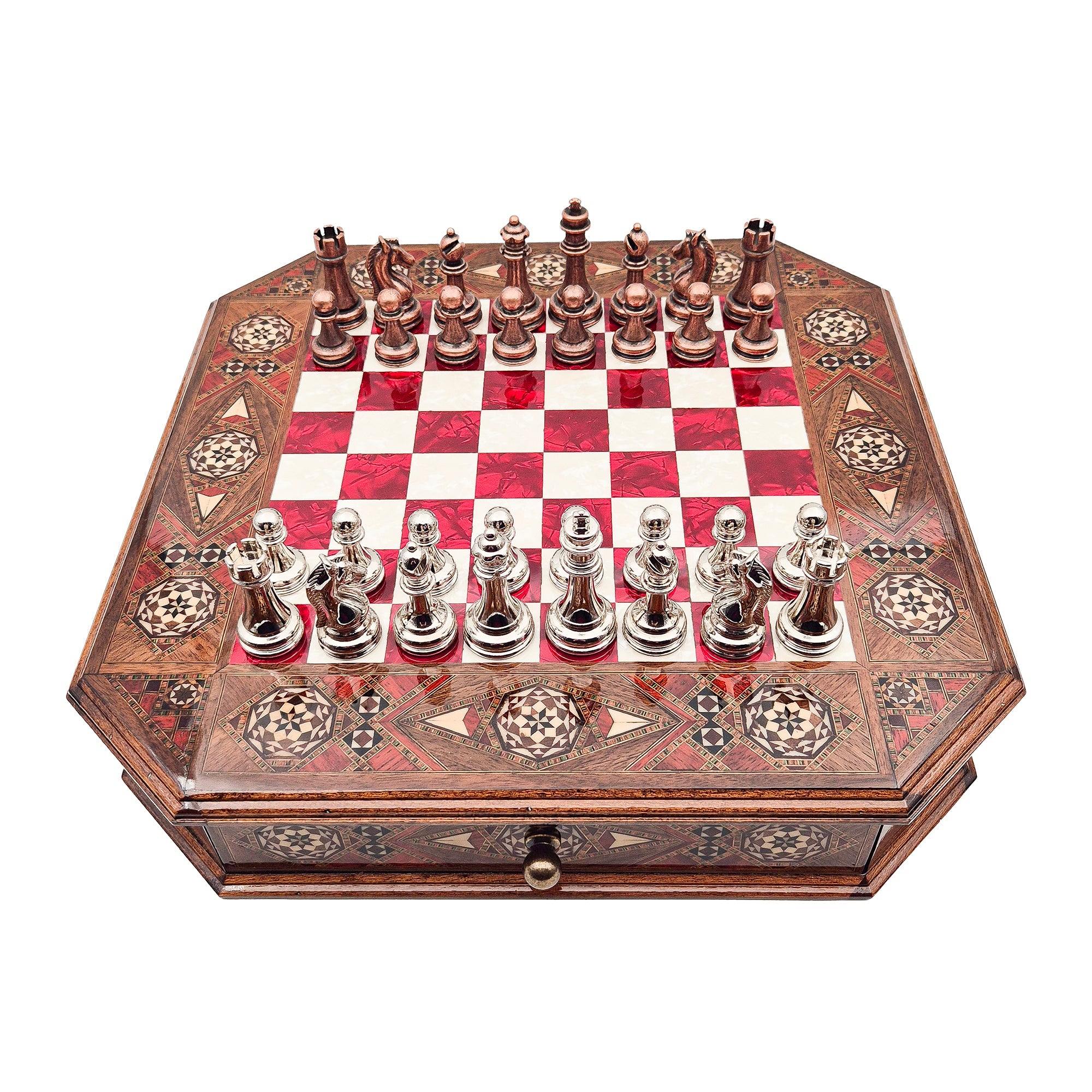


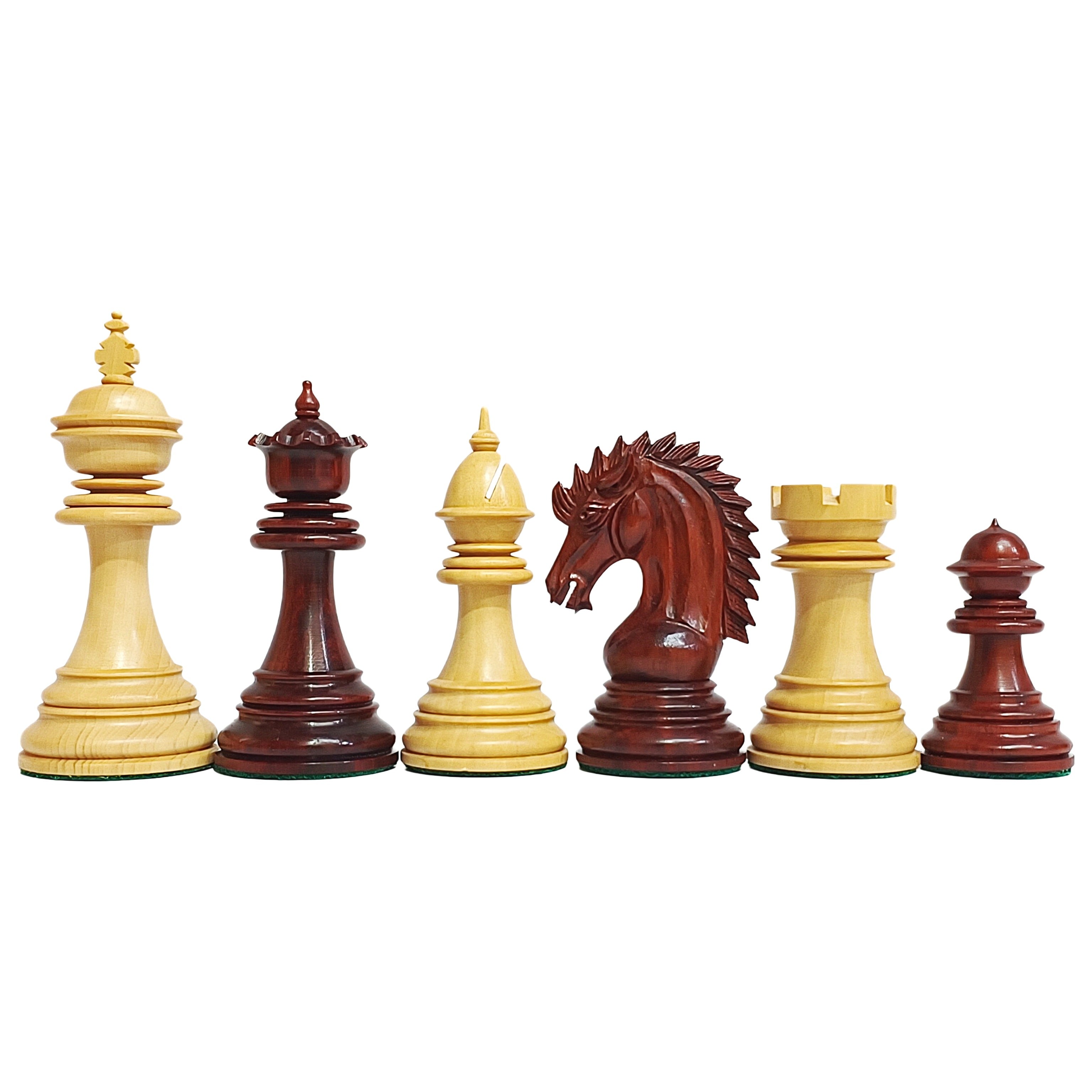



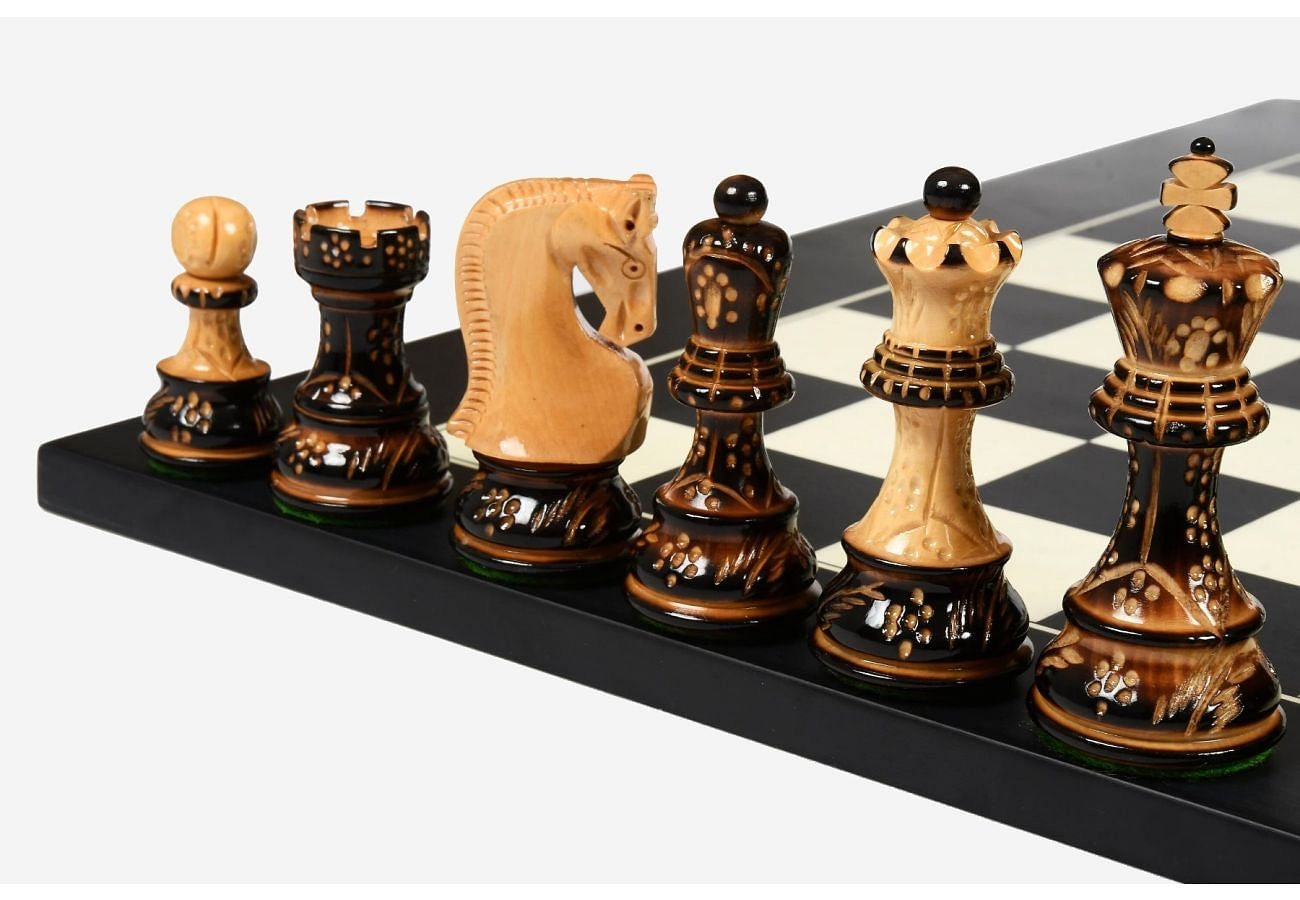
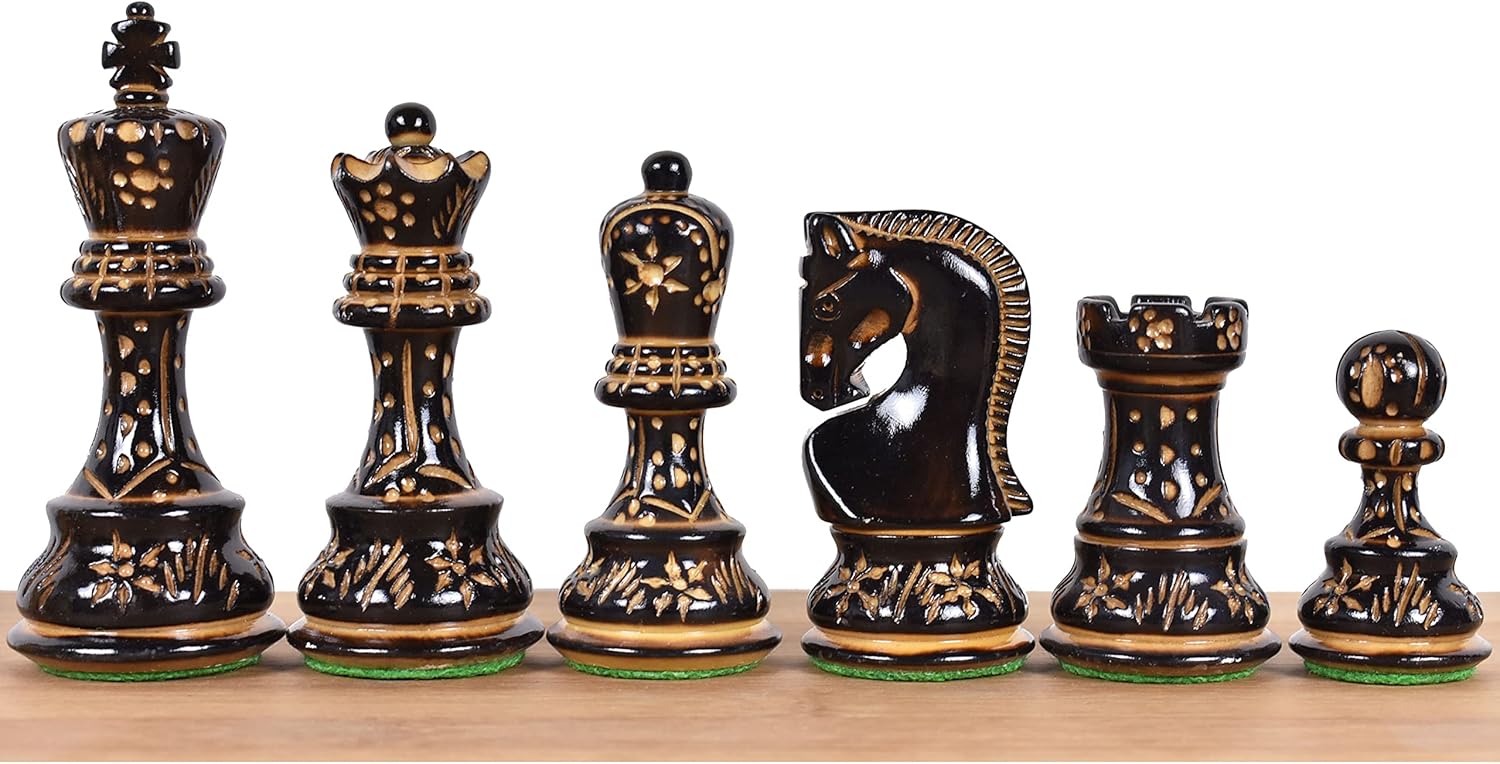
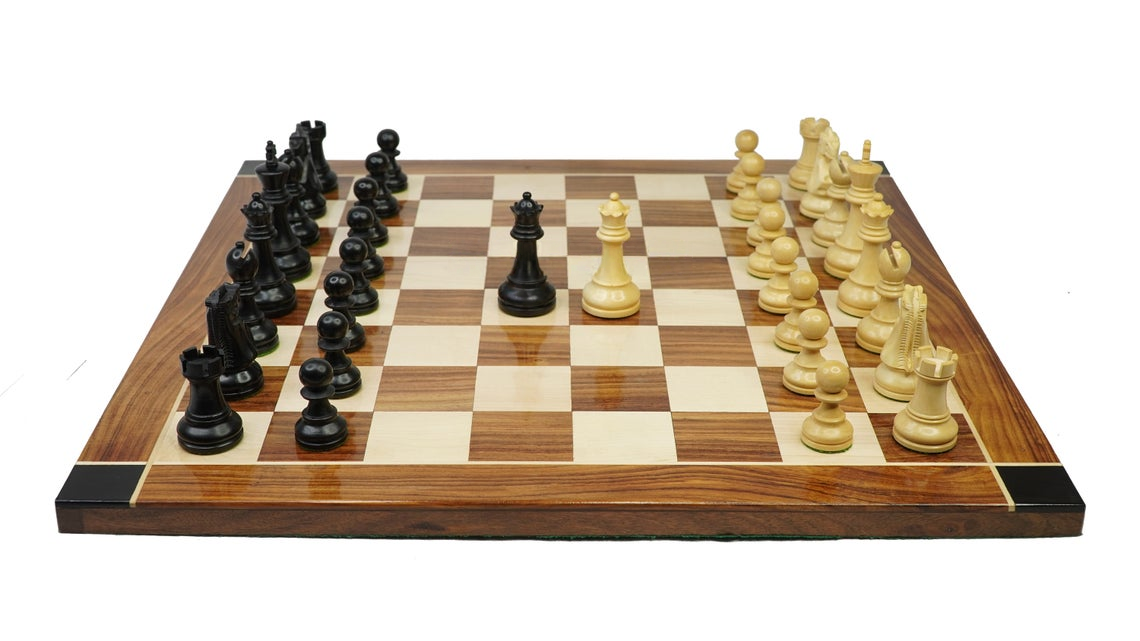
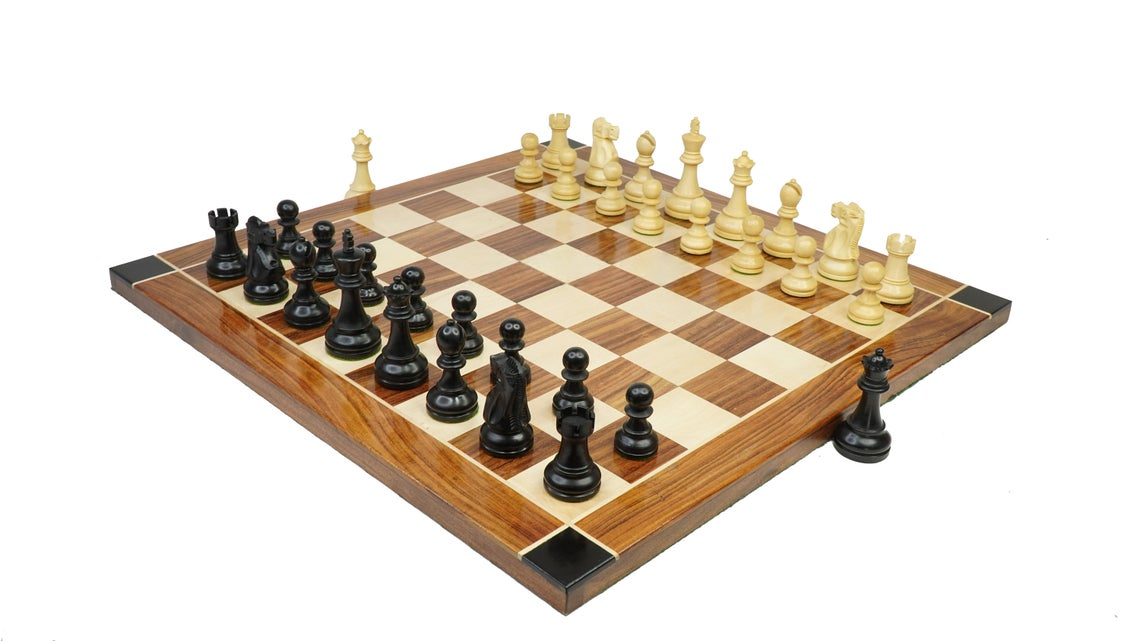
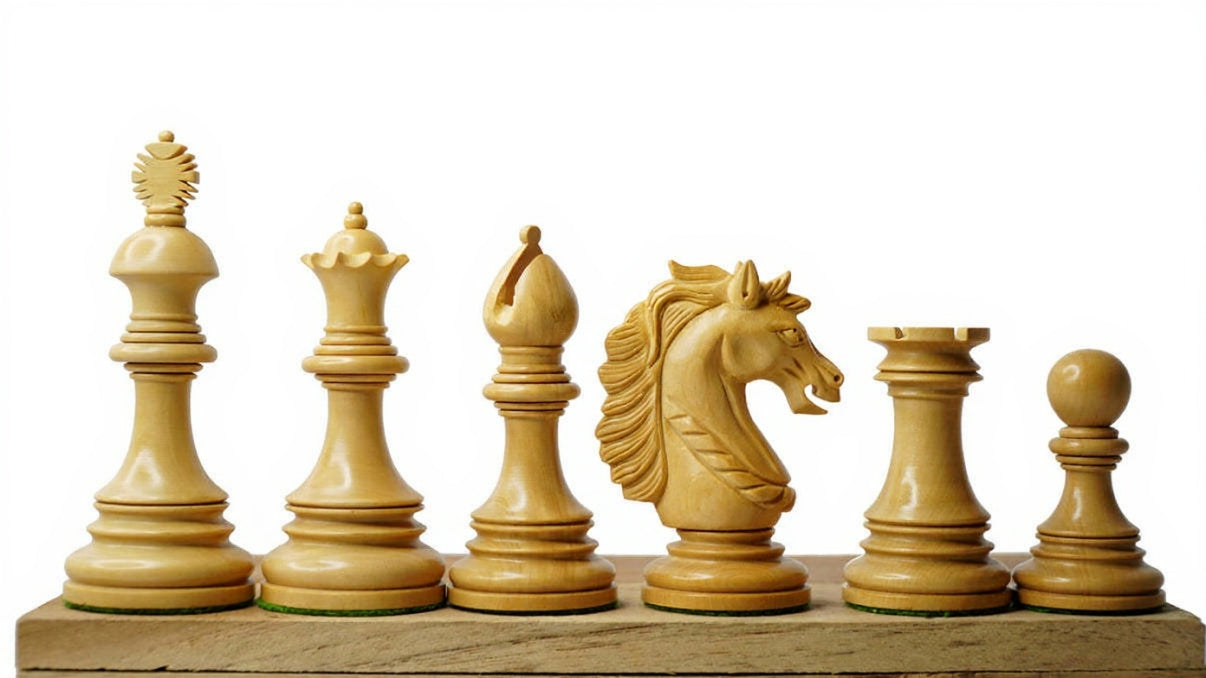



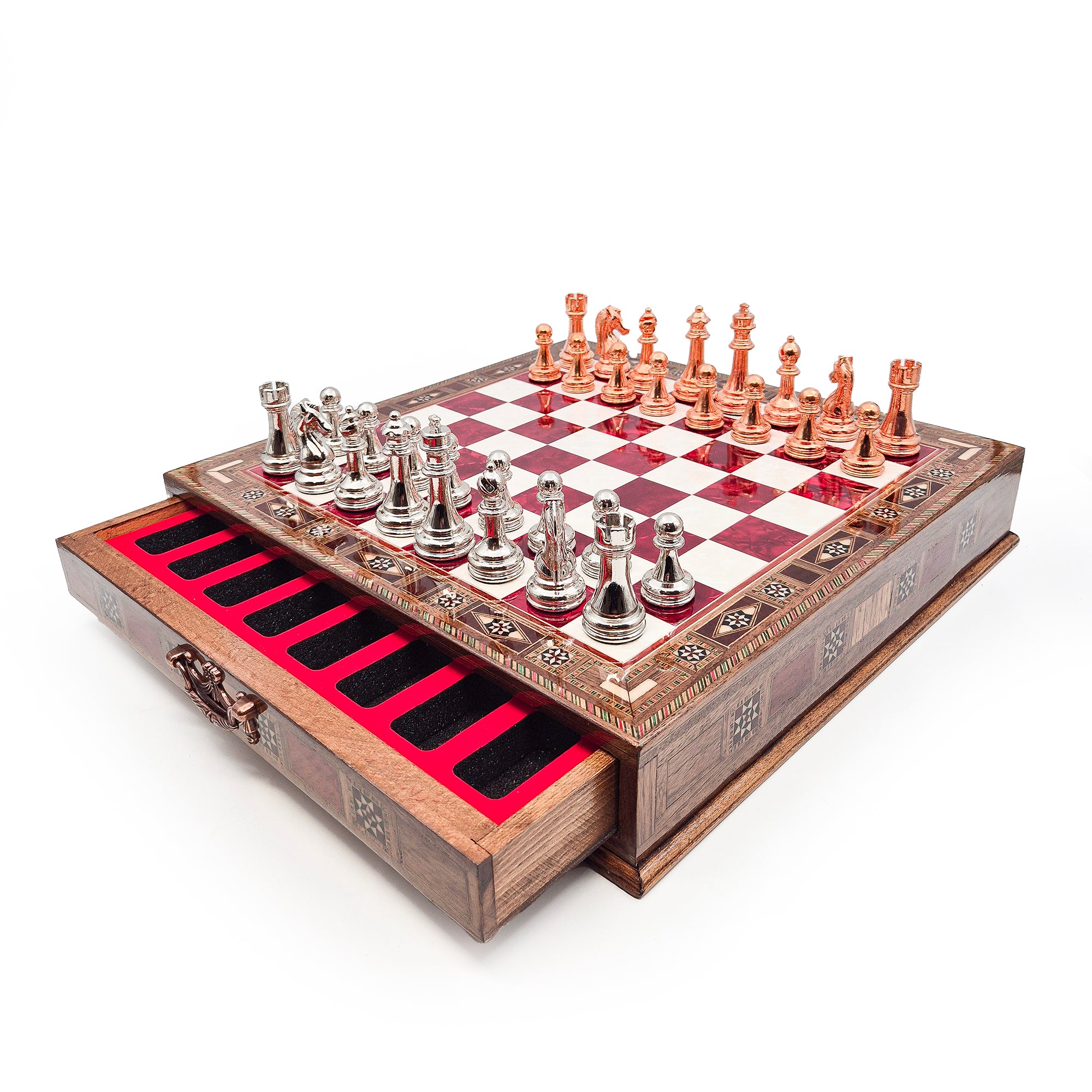
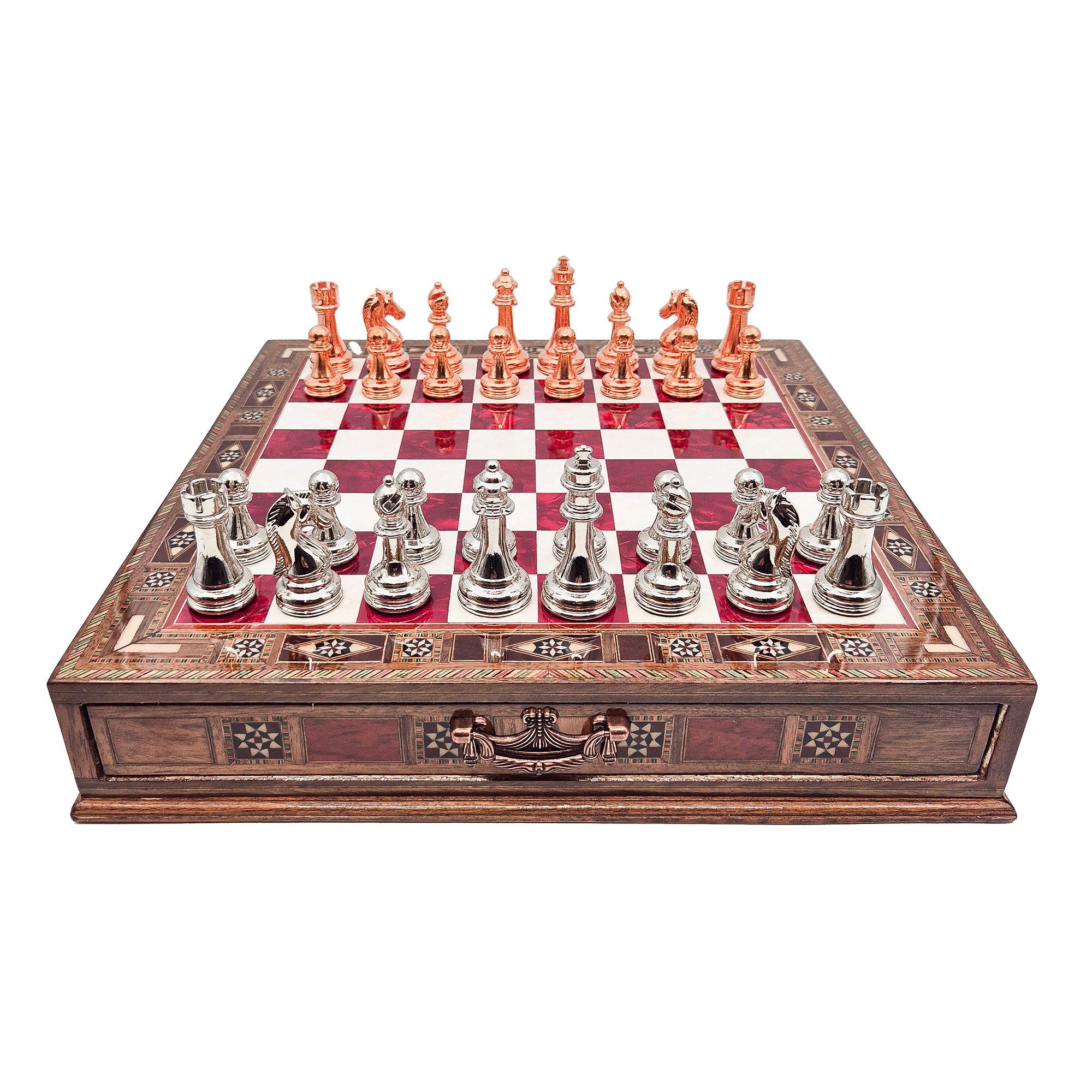
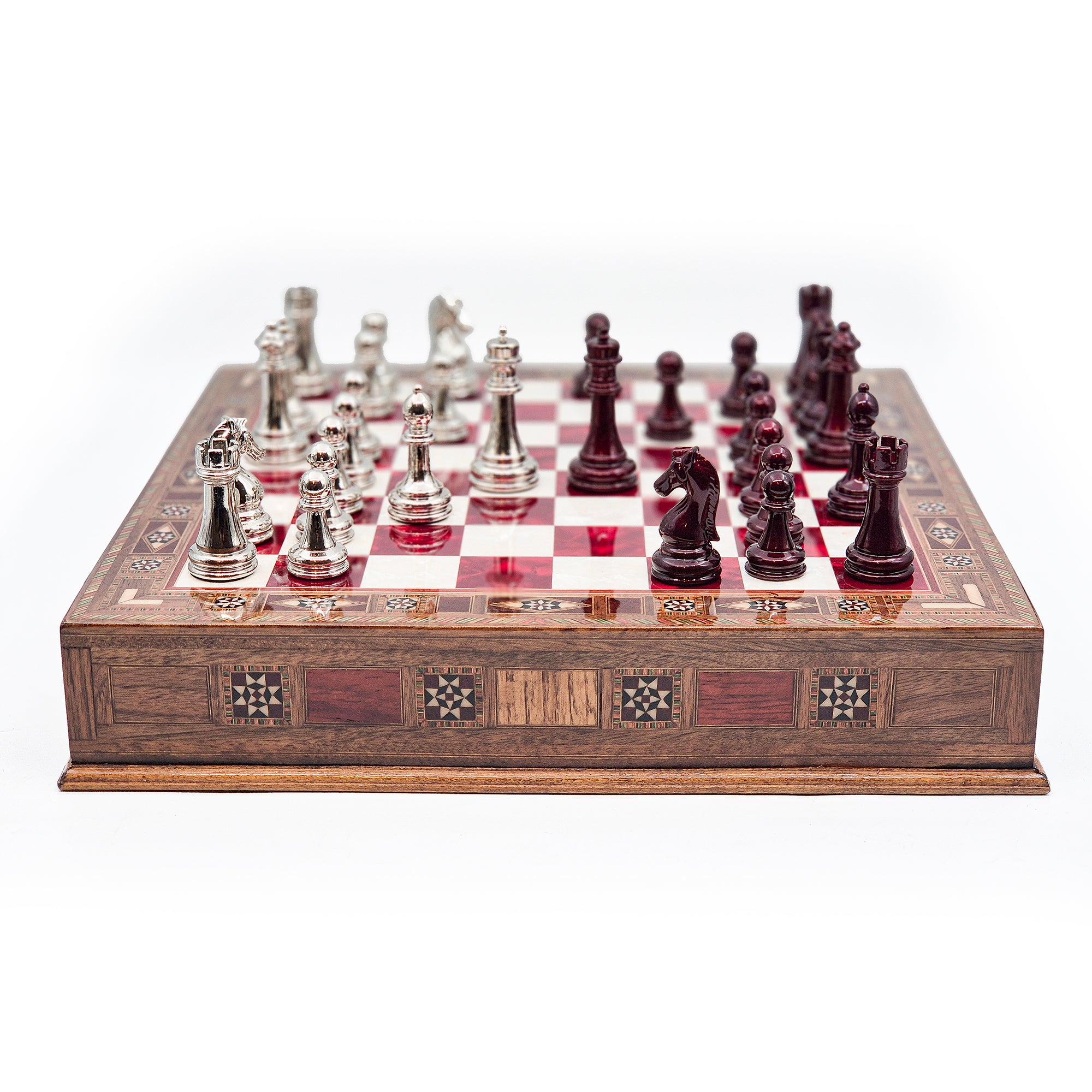

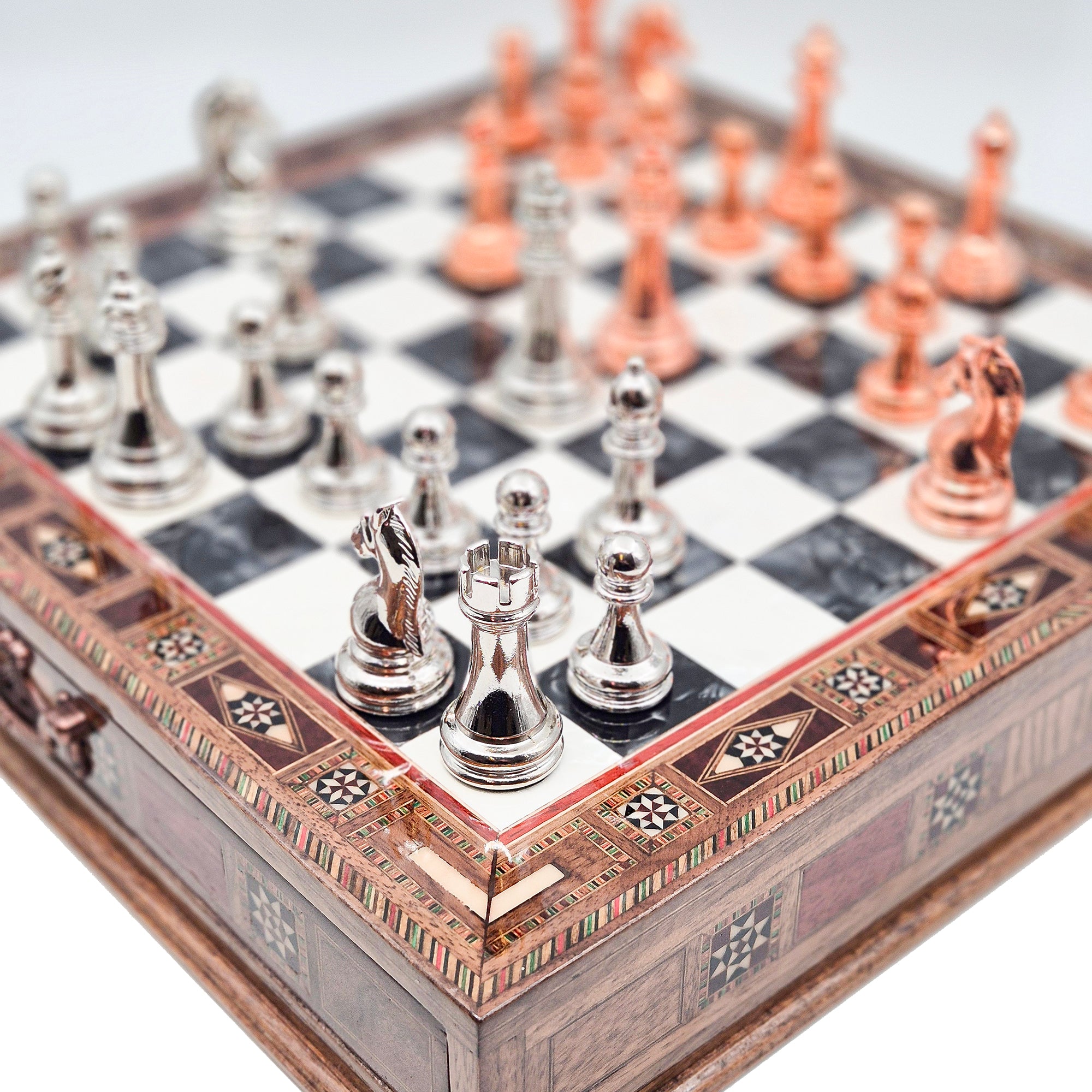
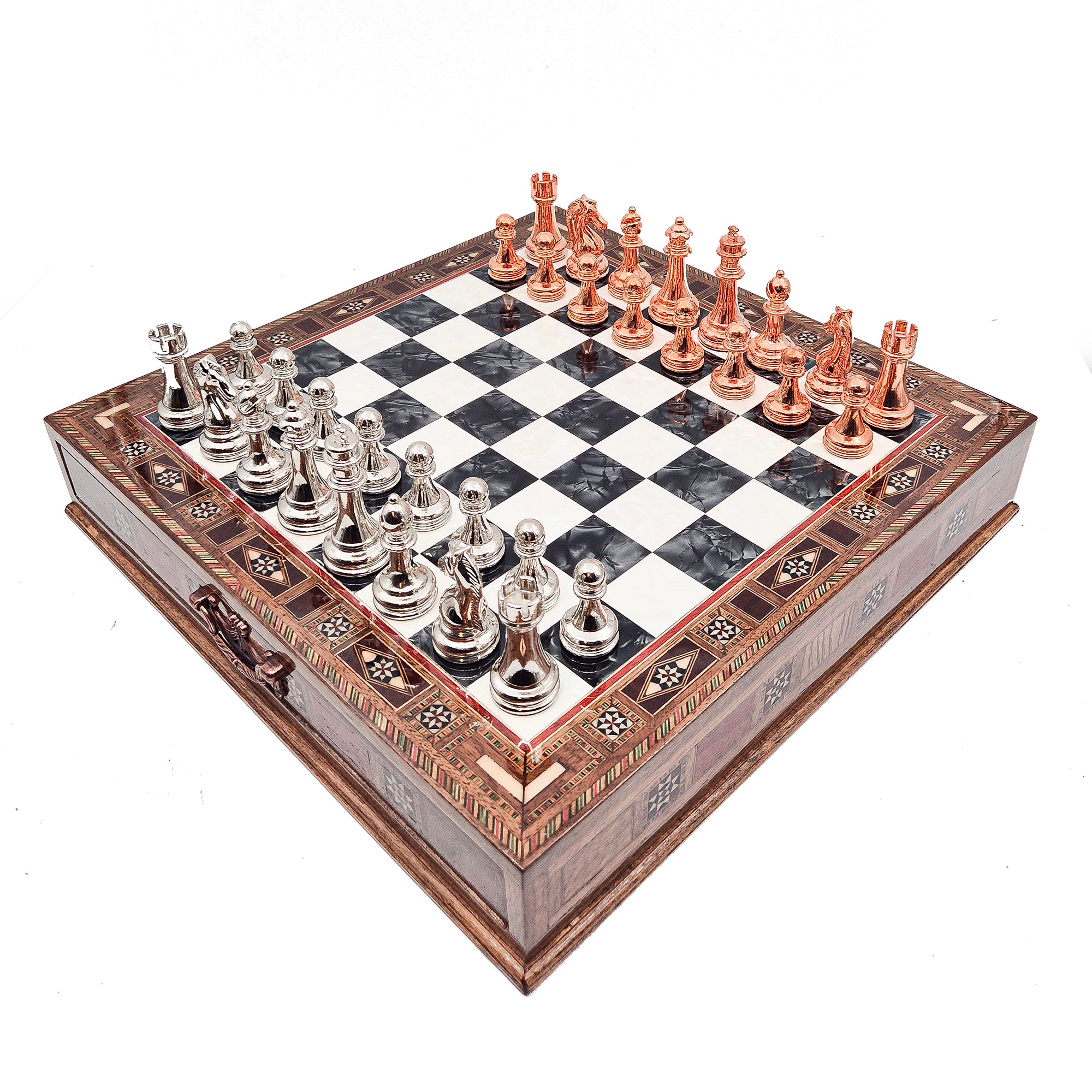
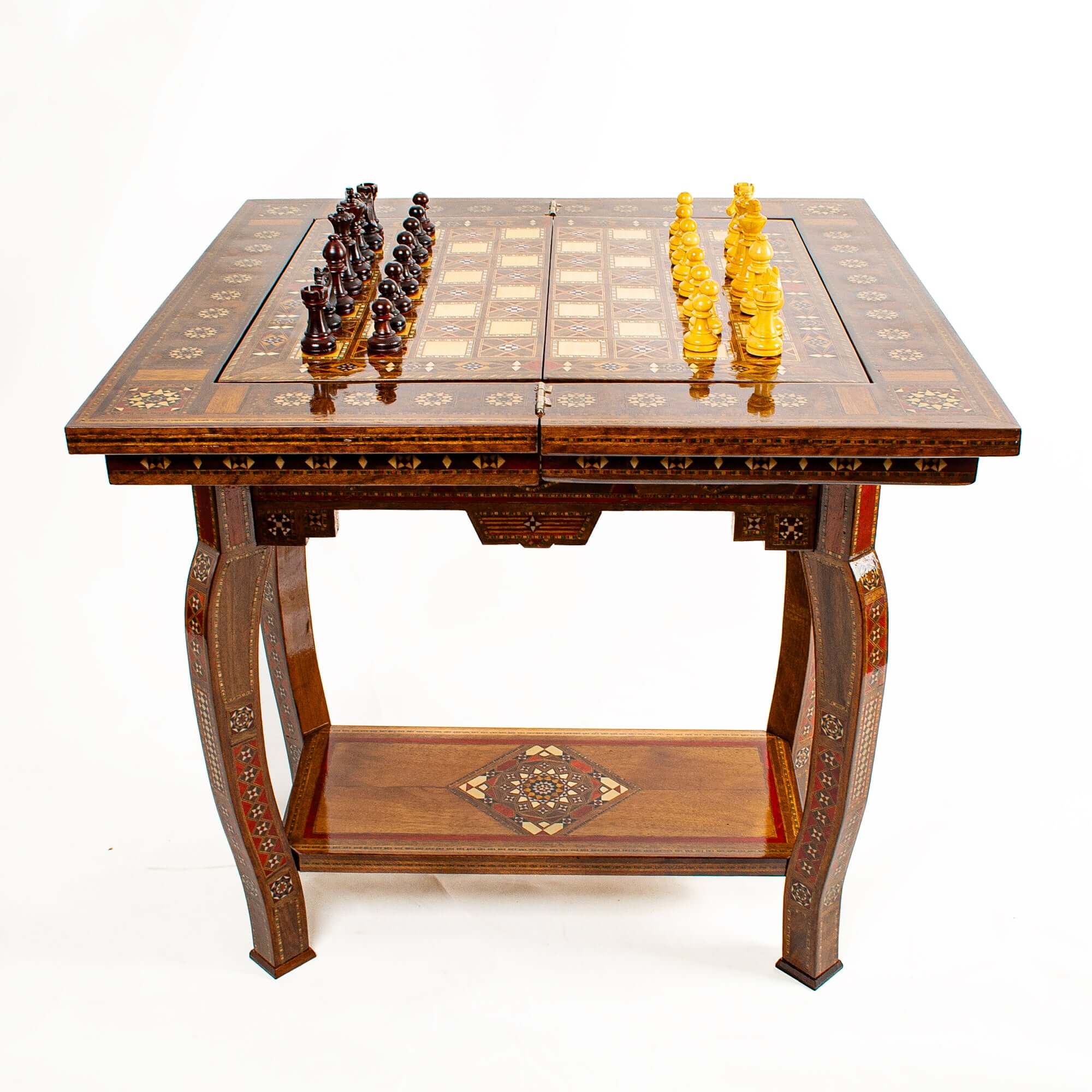

Leave a comment
All comments are moderated before being published.
This site is protected by hCaptcha and the hCaptcha Privacy Policy and Terms of Service apply.